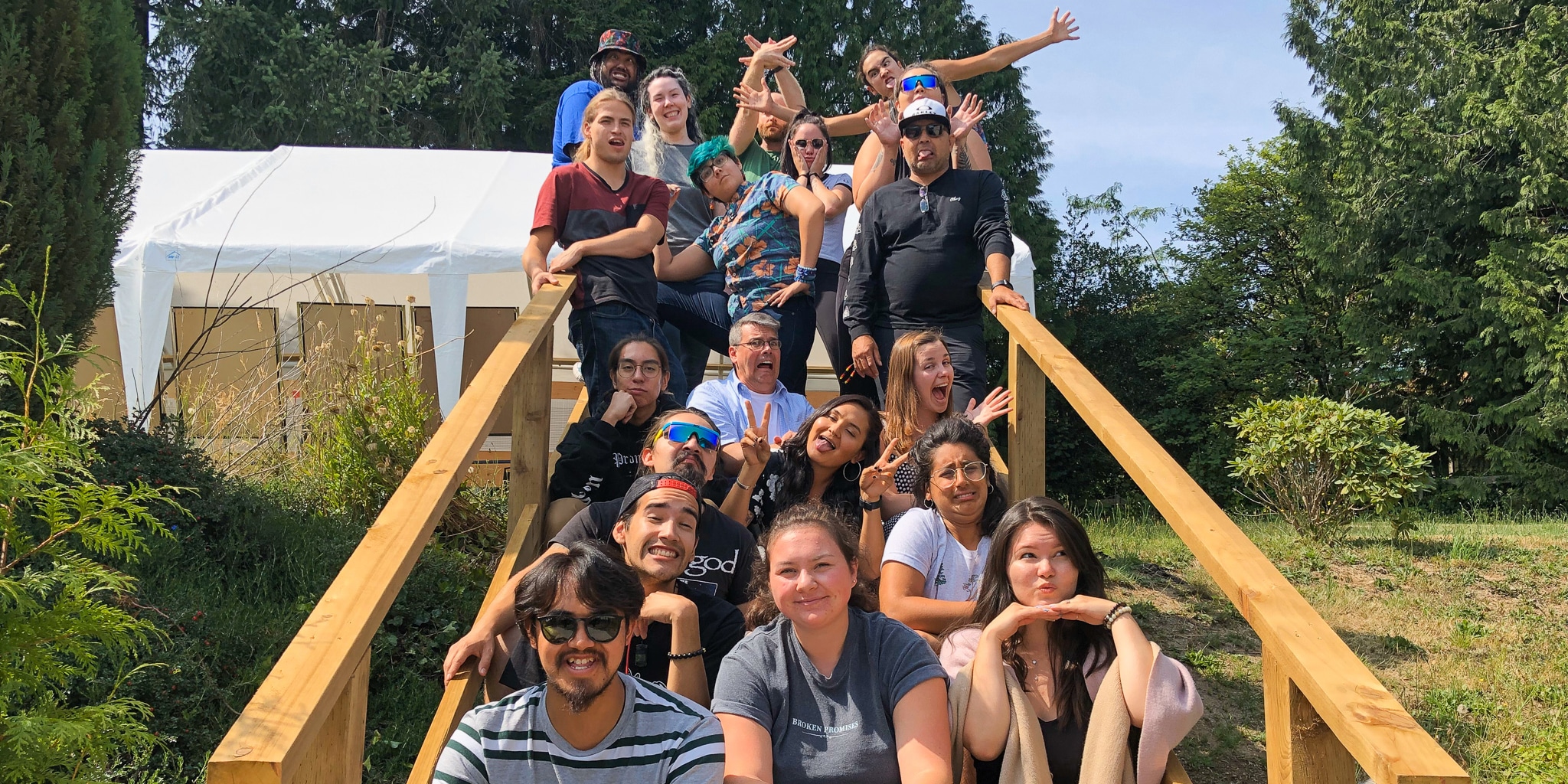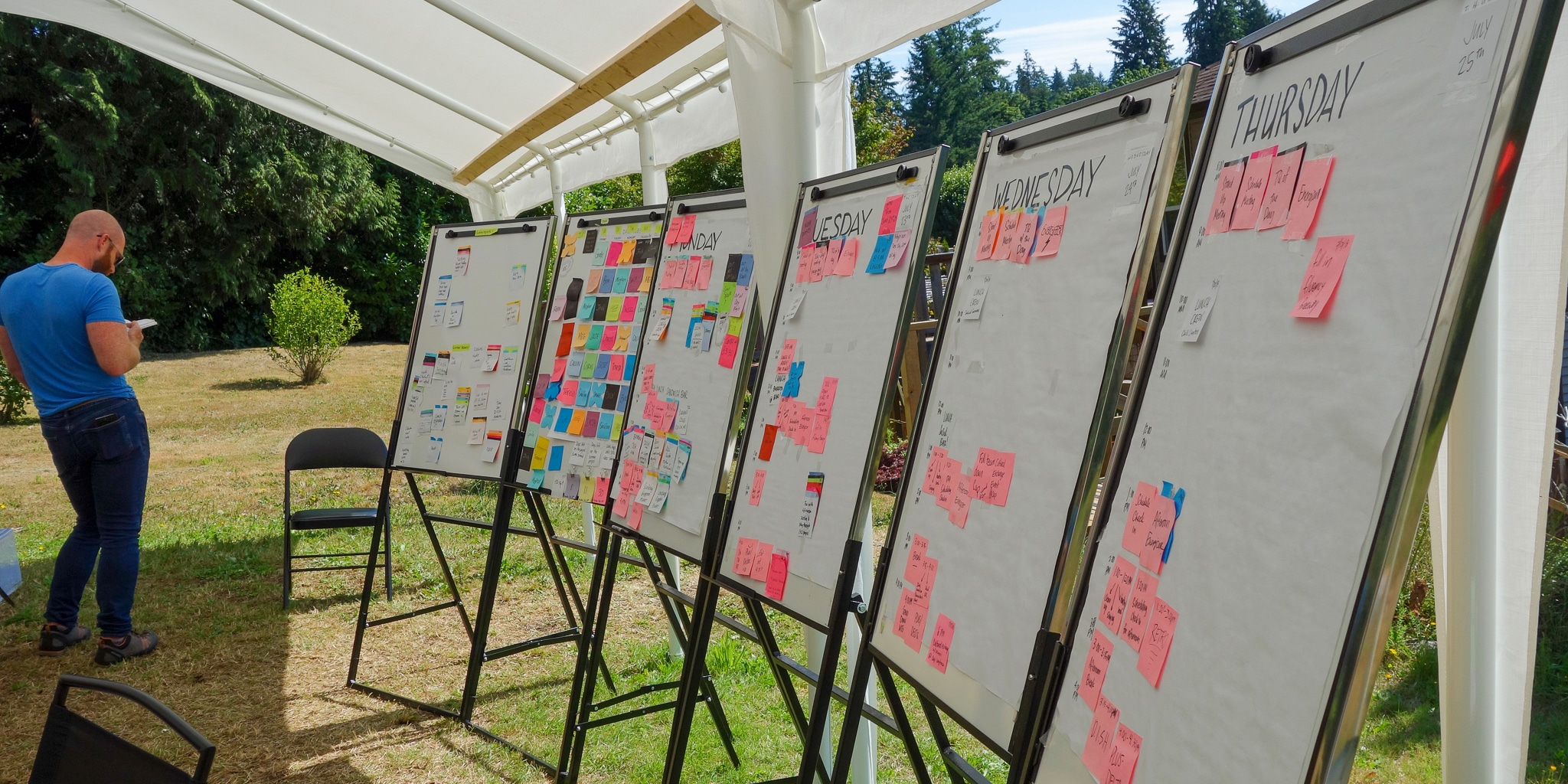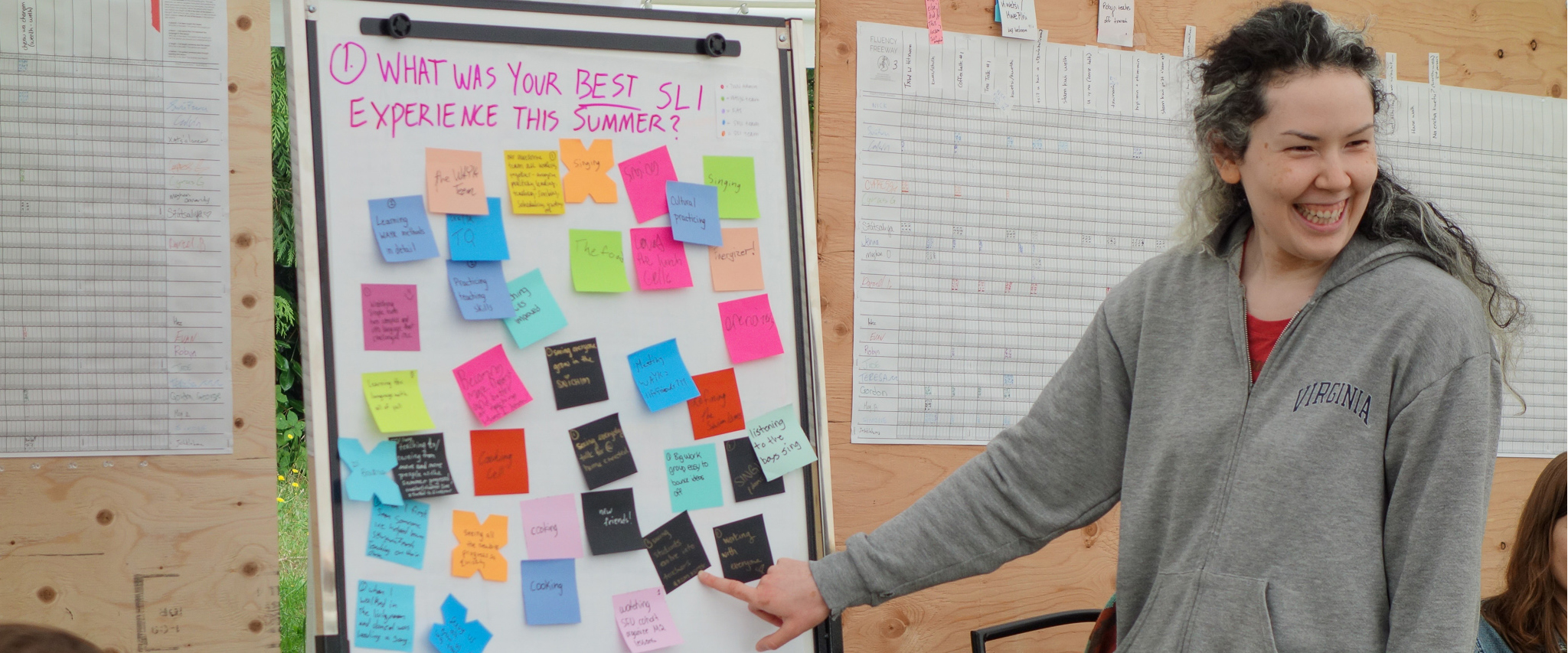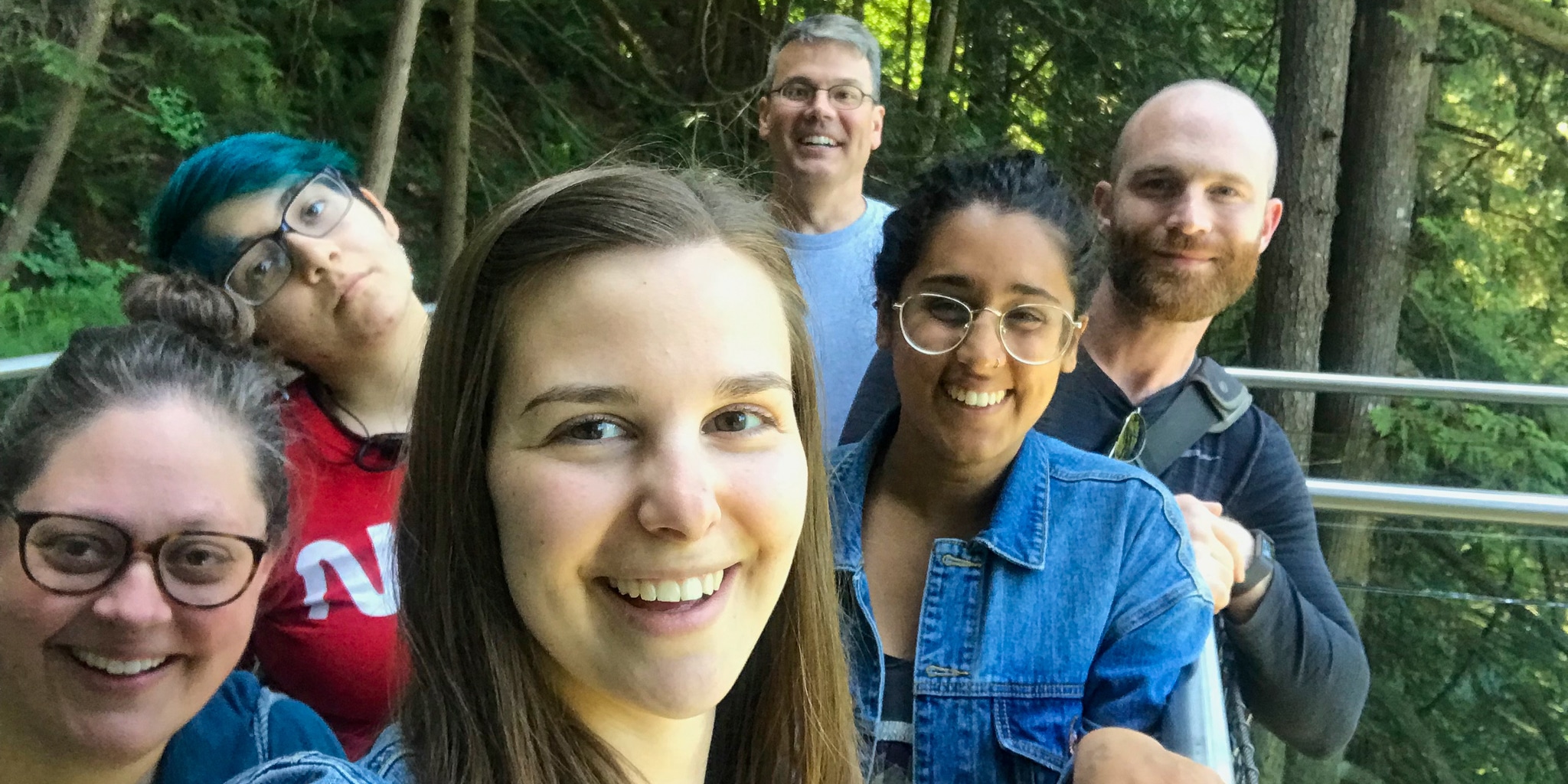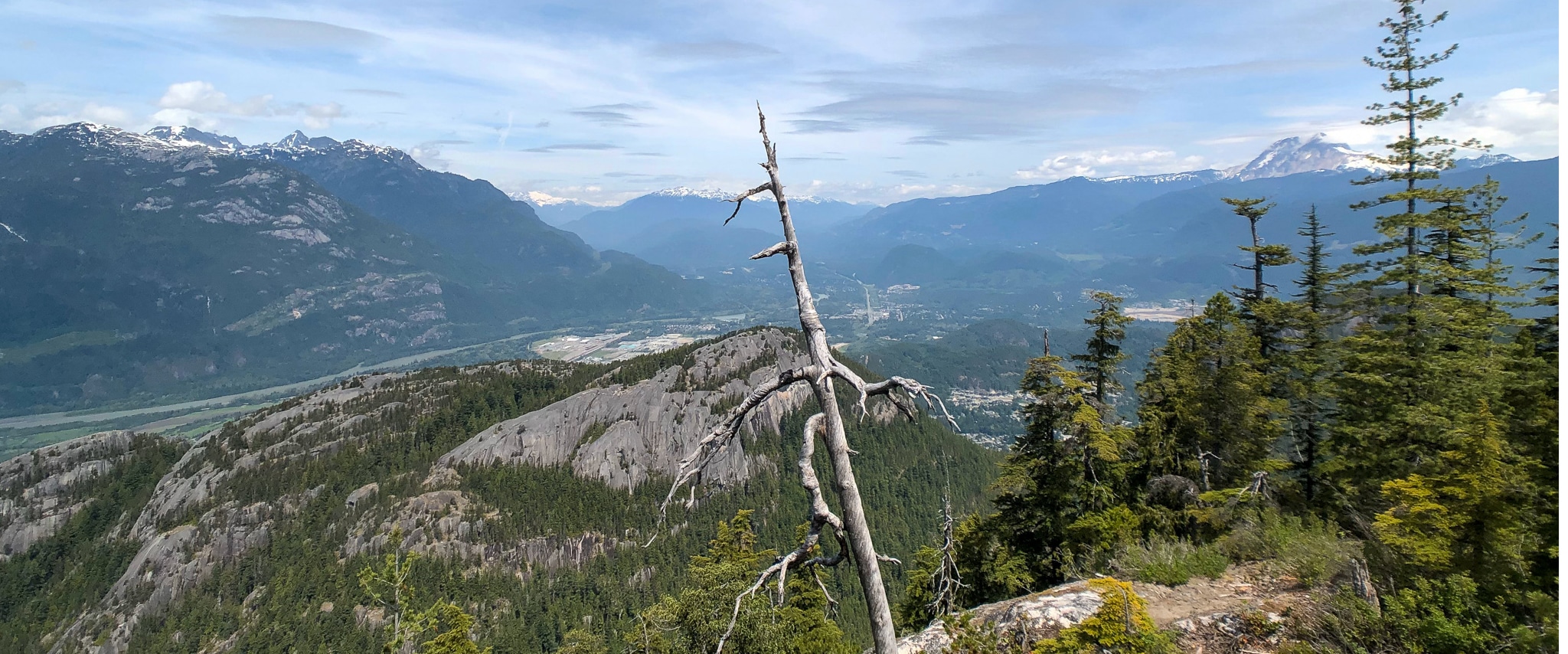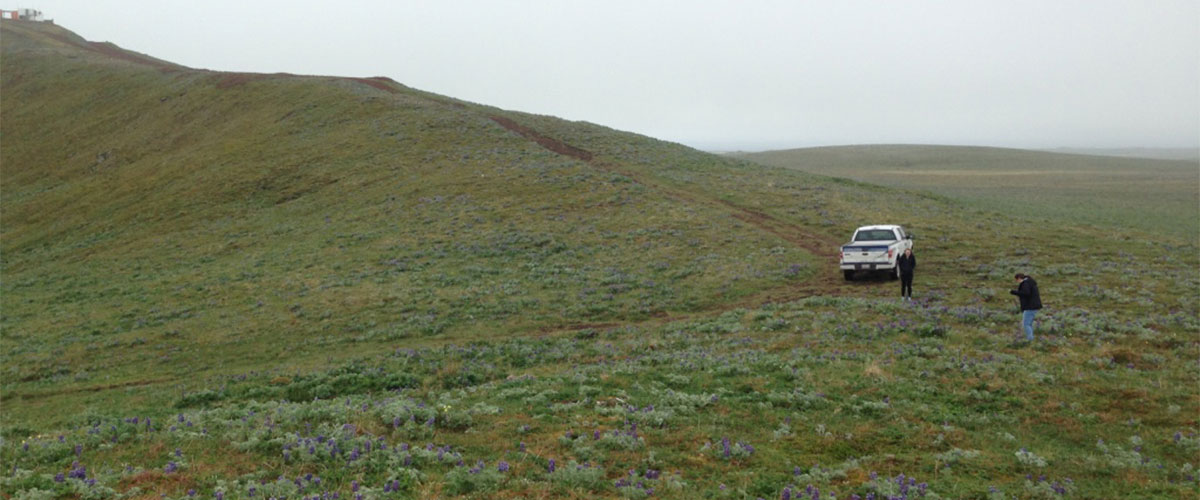-
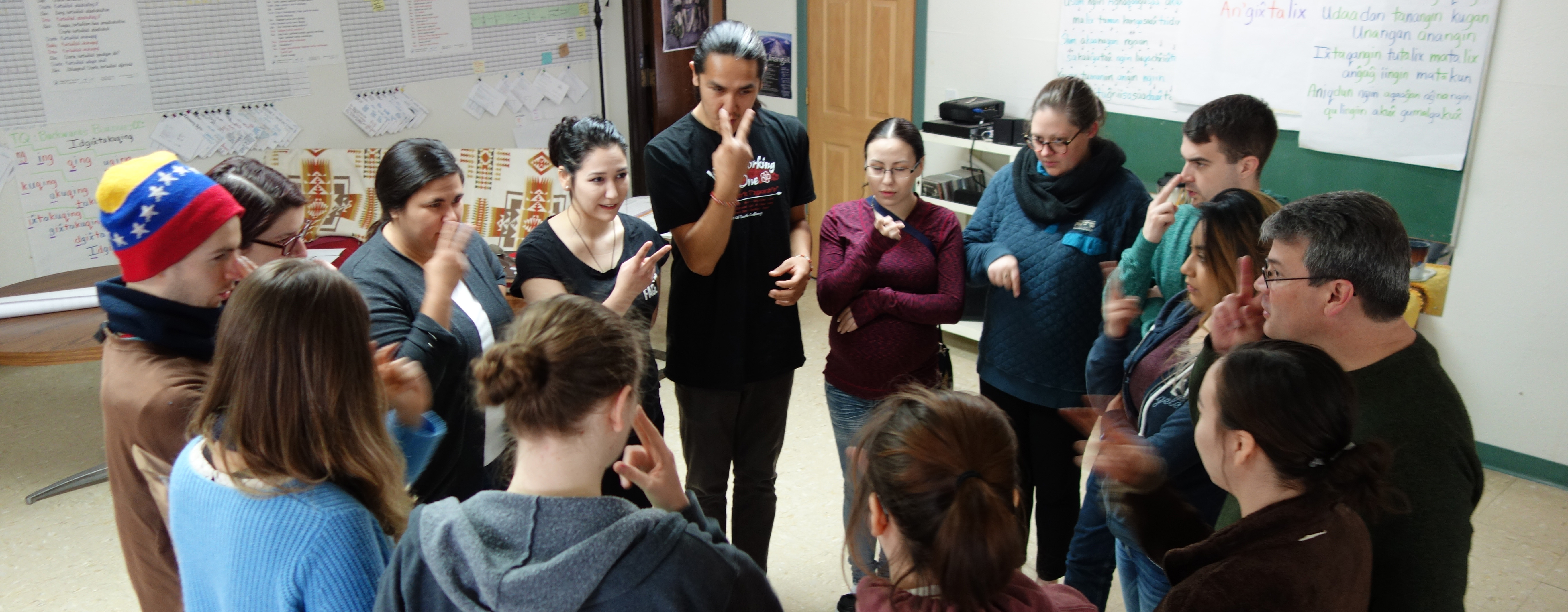
Master Teachers and Techniques
Have you ever watched a master teacher at work? As a student teacher walking into a master teacher’s classroom for the first time, it is easy to have the misconception… Read more »
-
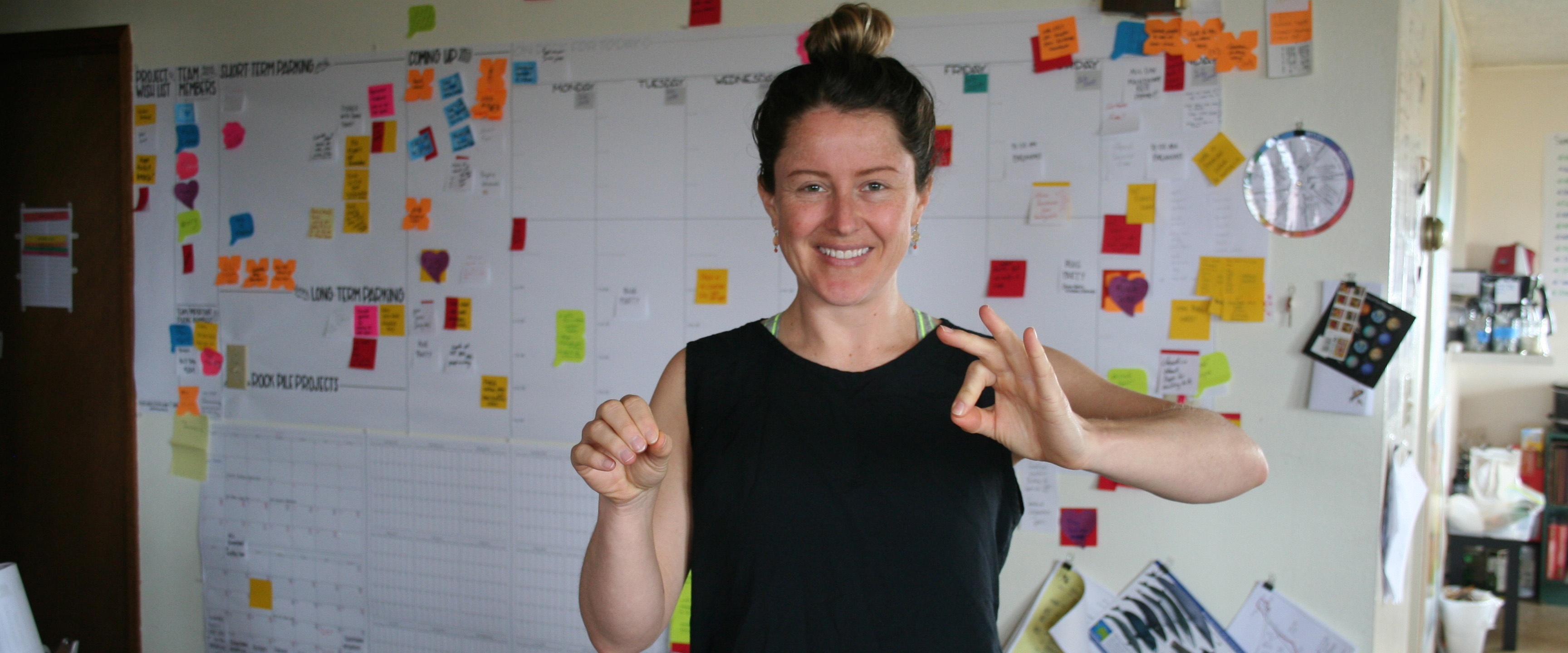
TQ: Full Sentences
2017 WAYK intern Mary Leighton explains Technique: Full Sentences, a simple trick for getting more language out of your immersion sessions.
-
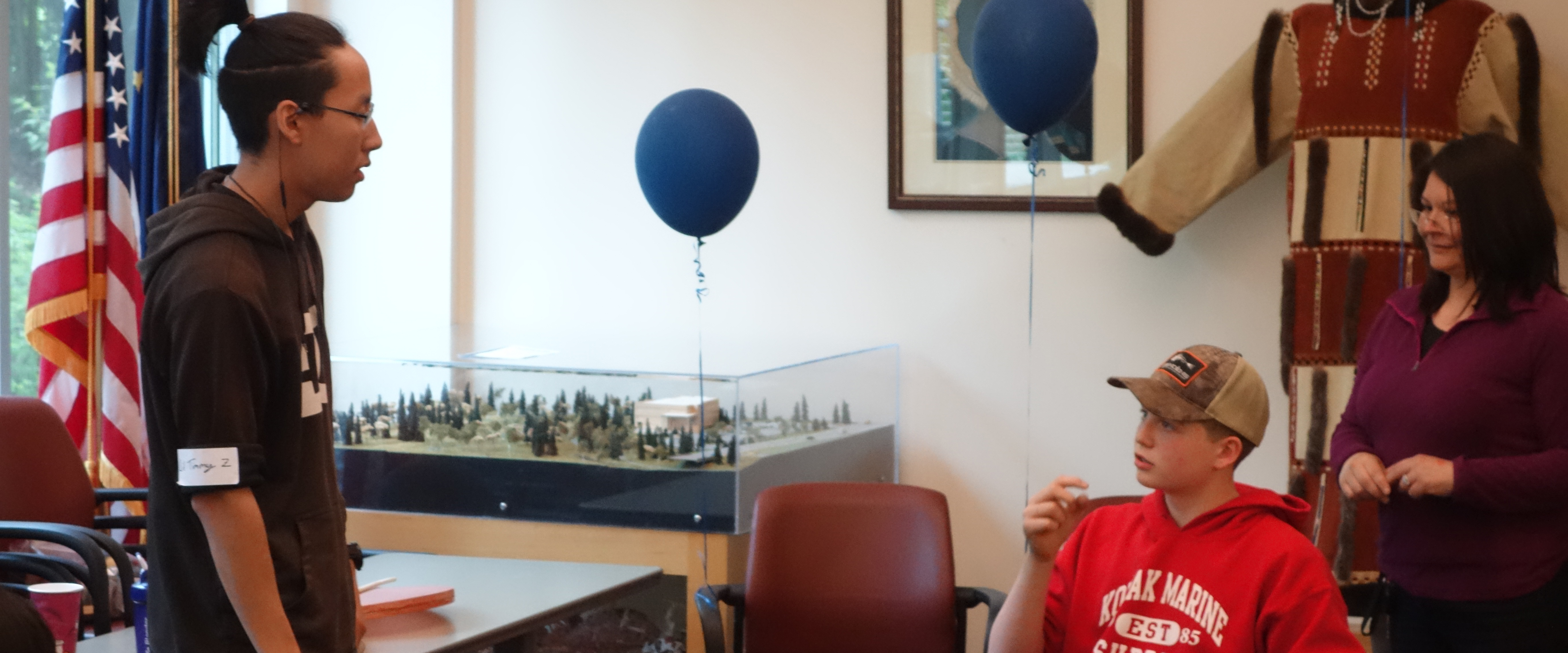
Guest Post: Meet Unangam Tunuu Intern Timothy
My name is Timothy A. Zaochney and I’m from Atka, Alaska. I’ve been doing the Niiĝuĝim Tunuu language program for three years. I’m joining the team this summer in Anchorage… Read more »
-
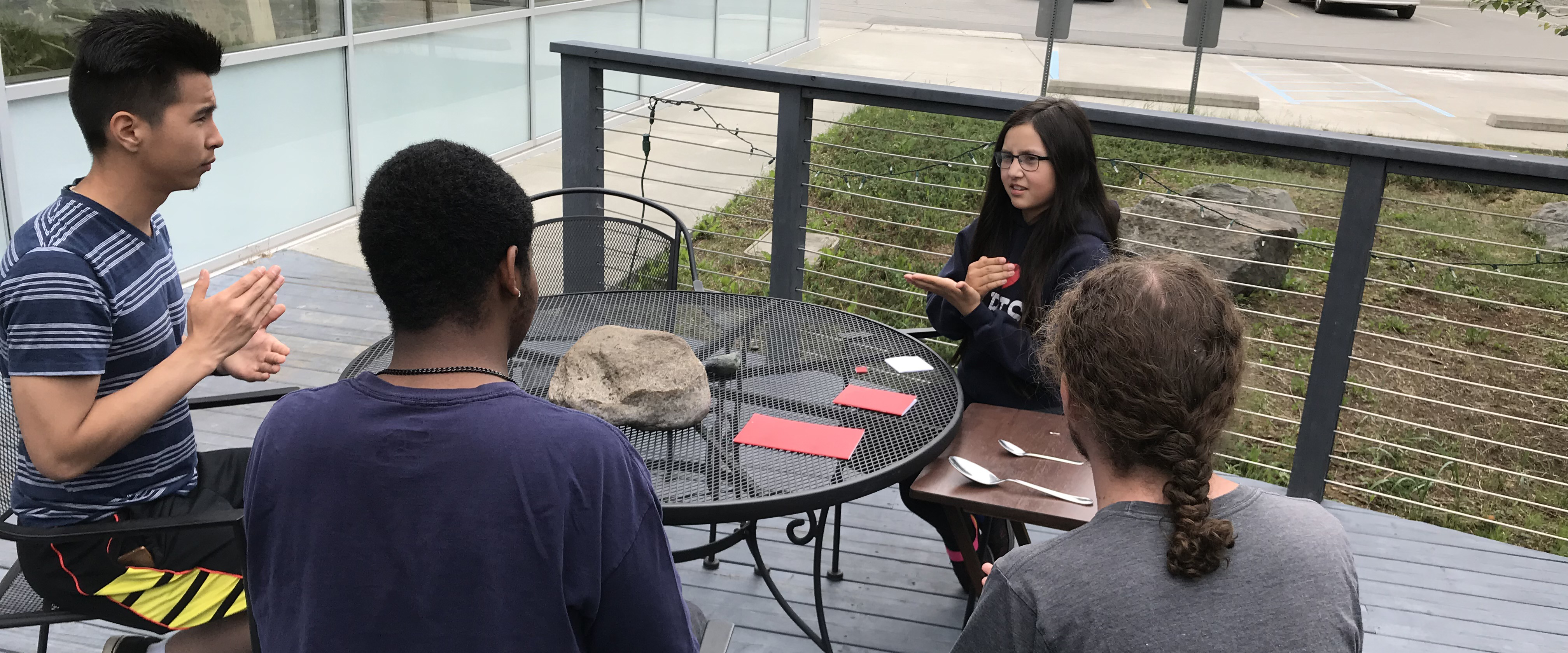
Guest Post: Meet Unangam Tunuu Intern Junior
Hi, my name is Junior Golodoff. I’m from Atka, Alaska. This here is my third year with the Summer Language Intensive. I’m joining the team as an APICDA intern. What got… Read more »
-
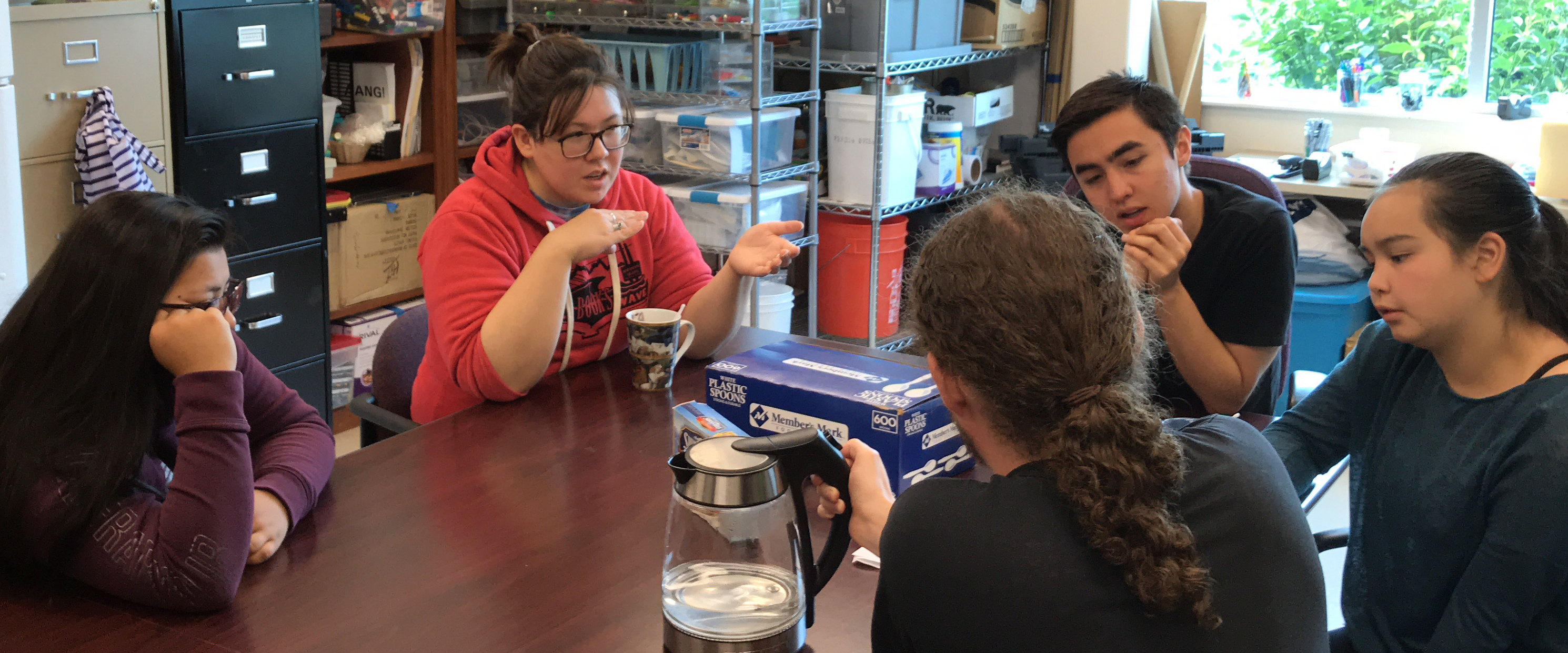
Guest Post: Meet Unangam Tunuu Intern Nikkita
My first introduction with Unangam Tunuu came during the fall of 2015, when I heard of classes at the Aleutian Pribilof Island’s Association building here in Anchorage. The need for… Read more »
-
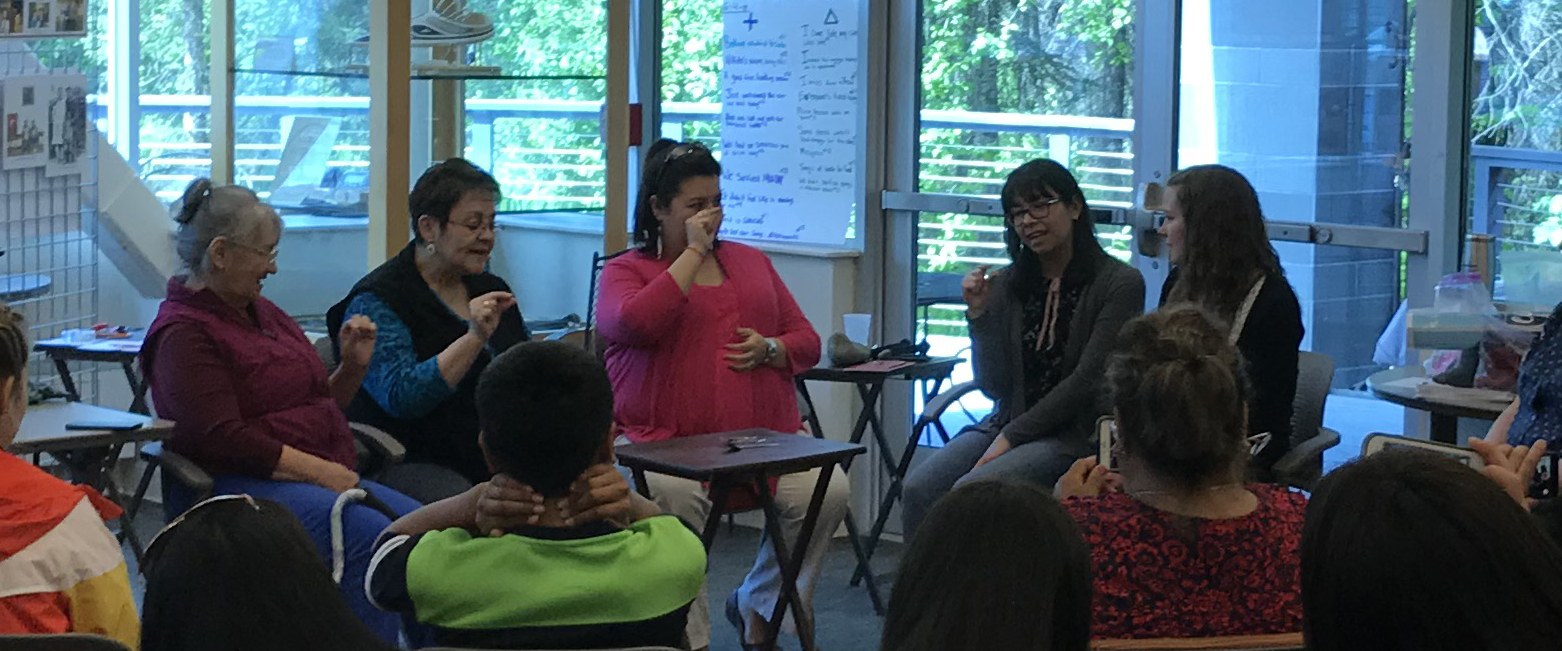
Guest Post: Meet Ungangm Tunuu Intern Bobbi
Hello, my name is Bobbi Dushkin. I got involved with the language project 2 years ago when Crystal came up to me at a Christmas party and asked if I… Read more »
-
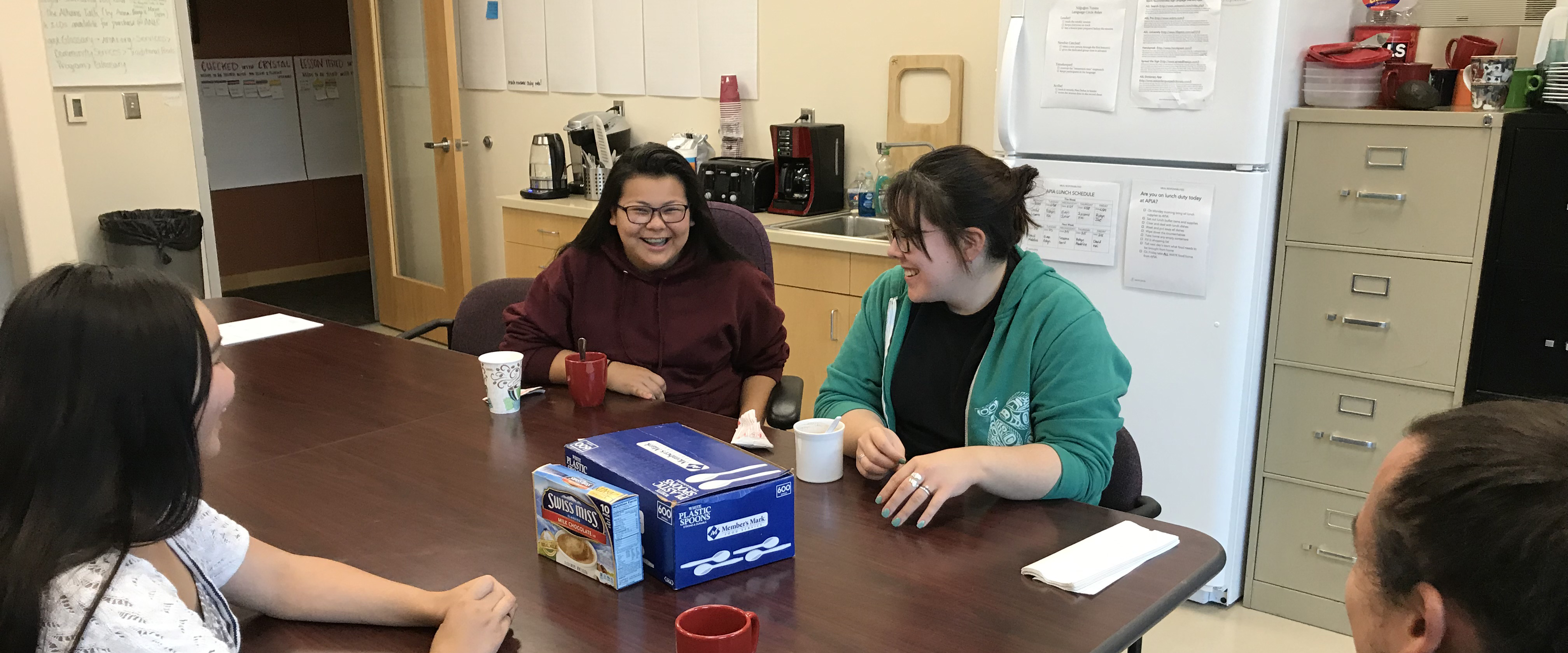
Guest Post: Meet Unangam Tunuu Intern Kira
Hi, my name is Kira, and I live in Wasilla, AK, but I’m from St. Paul Island. Language has always been a part of my life since I was young;… Read more »
-
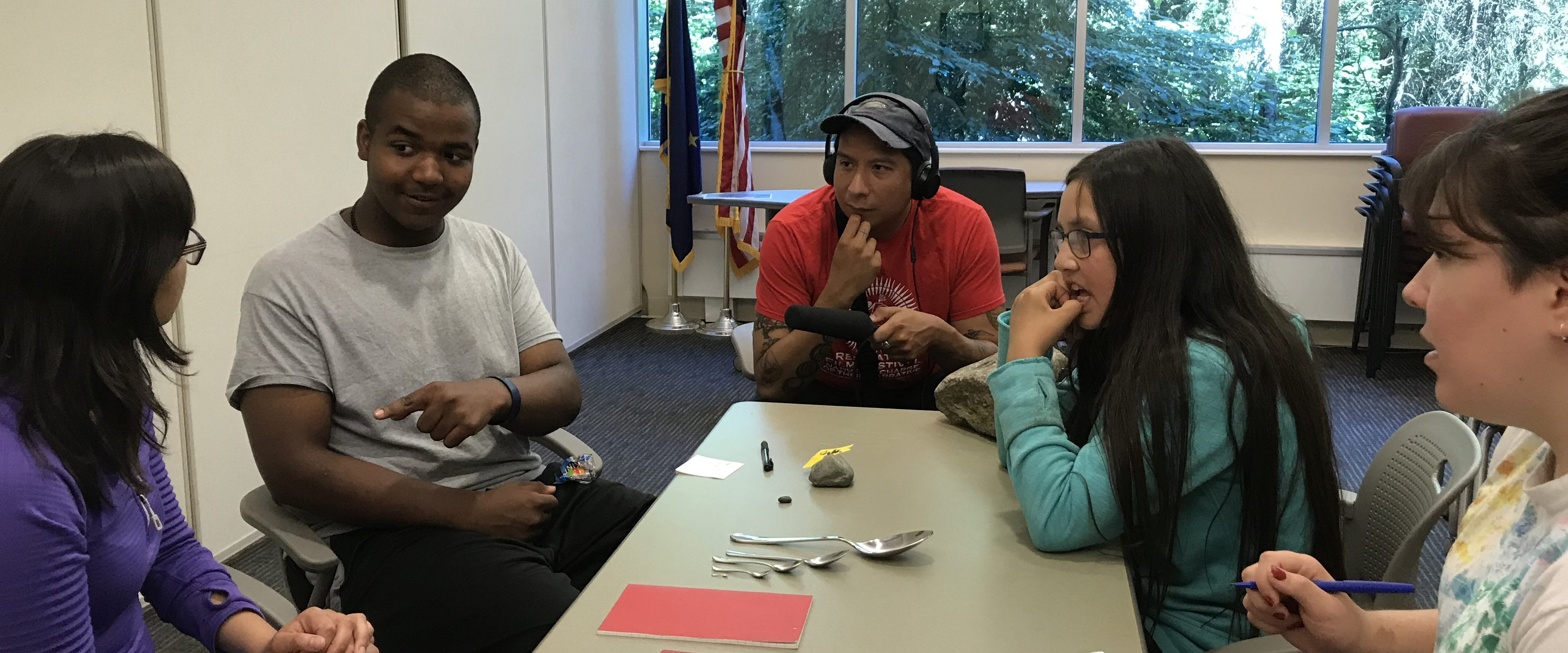
Guest Post: Meet Unangam Tunuu Intern Nate
Hello, my name is Nathaniel. I am from Atka, Alaska. For those who don’t know where Atka is located, Atka is a very remote island westward on the Aleutian chain…. Read more »
-
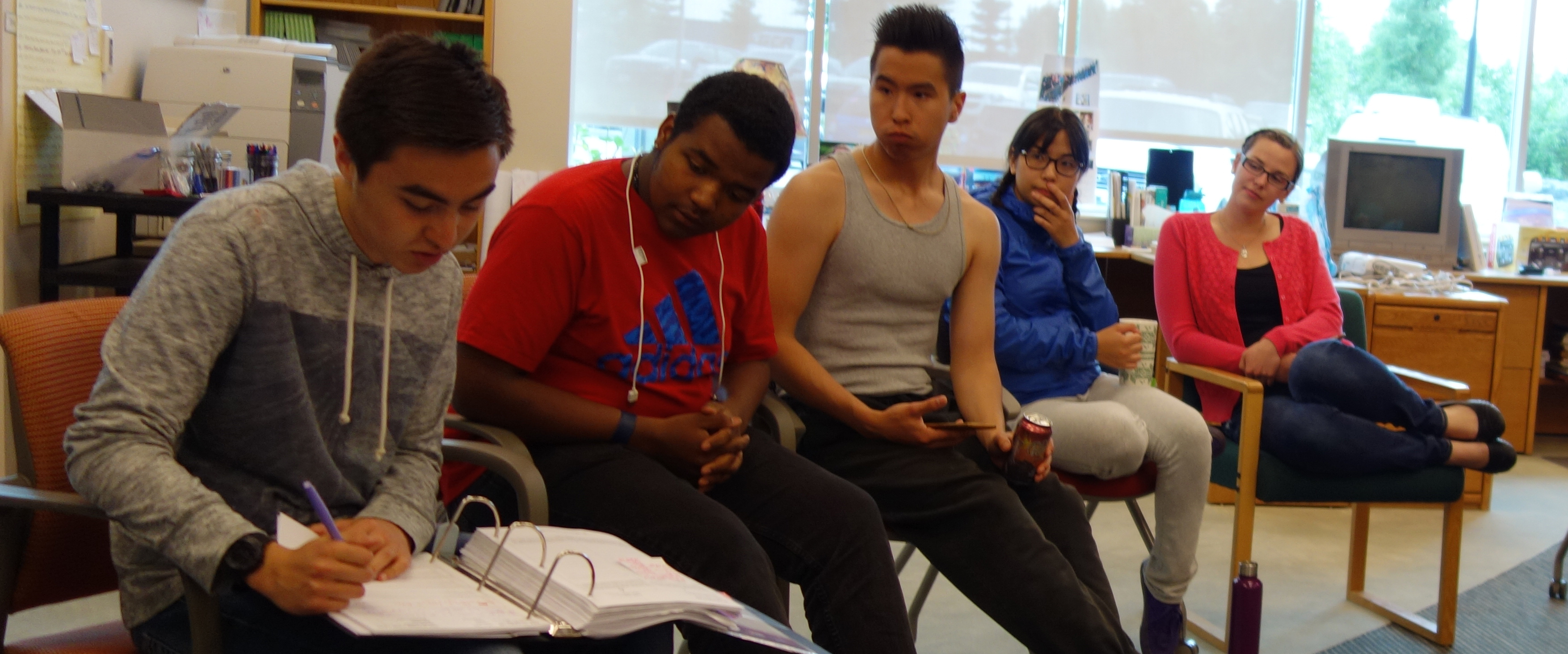
Guest Post: Meet Unangam Tunuu Intern Alex
My name is Alex, and I am from Anchorage, Alaska. I am currently pursuing my Bachelor’s of Science in Nursing at the University of Portland, in Portland, Oregon. I have… Read more »
-
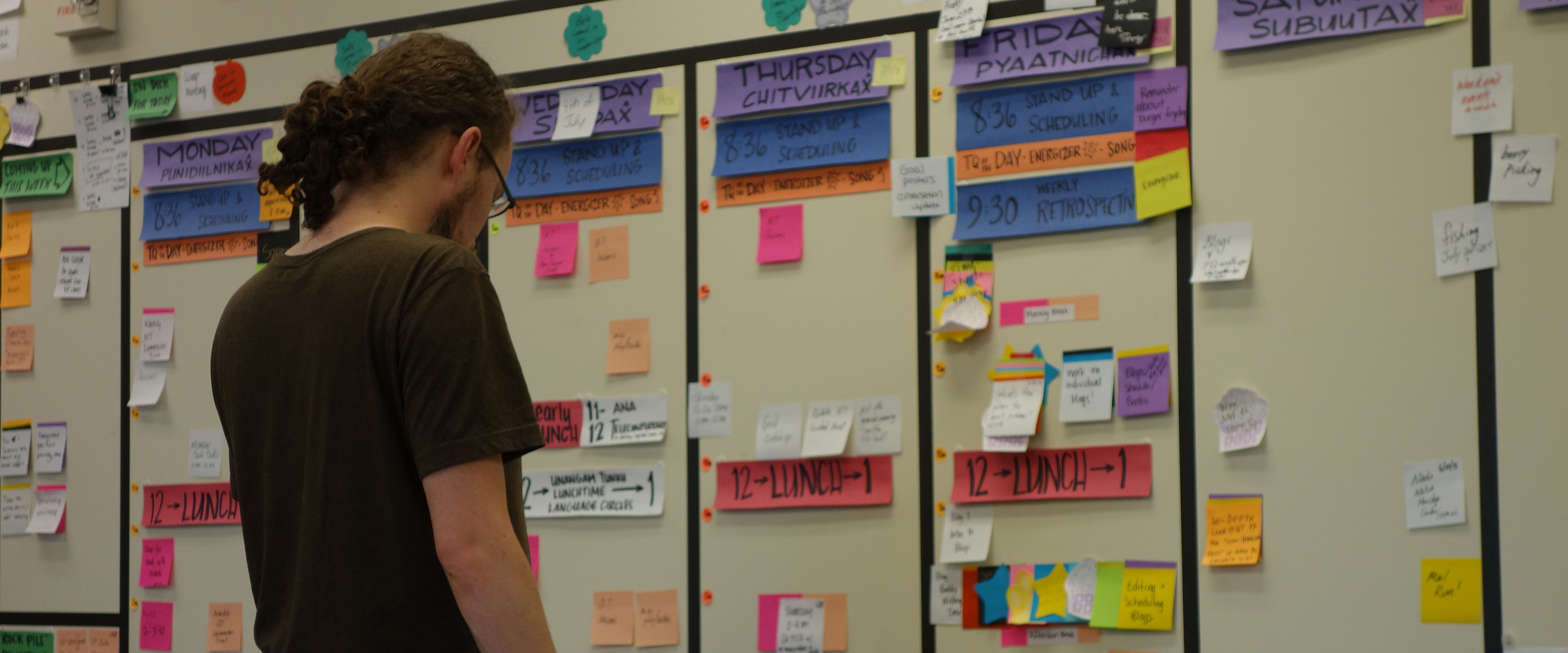
Cedar Returns to WAYK for a Summer in Alaska
I finally made it to Alaska. My journey with WAYK is 8 years long this year. It started in 2010, searching for ways to survive the language classes I was… Read more »
-
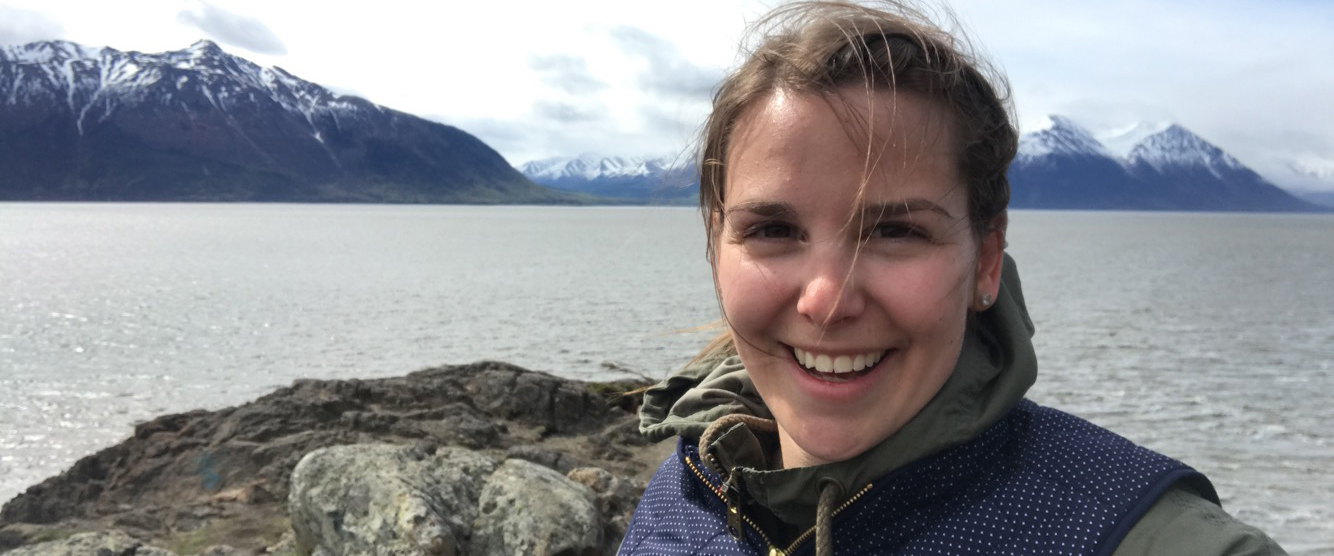
Robyn Spends Another Summer in Alaska
When I walked up to the immigration counter in Seattle, the officer looked down at my Canadian passport and asked me if I was heading somewhere sunny and 75. I… Read more »
-
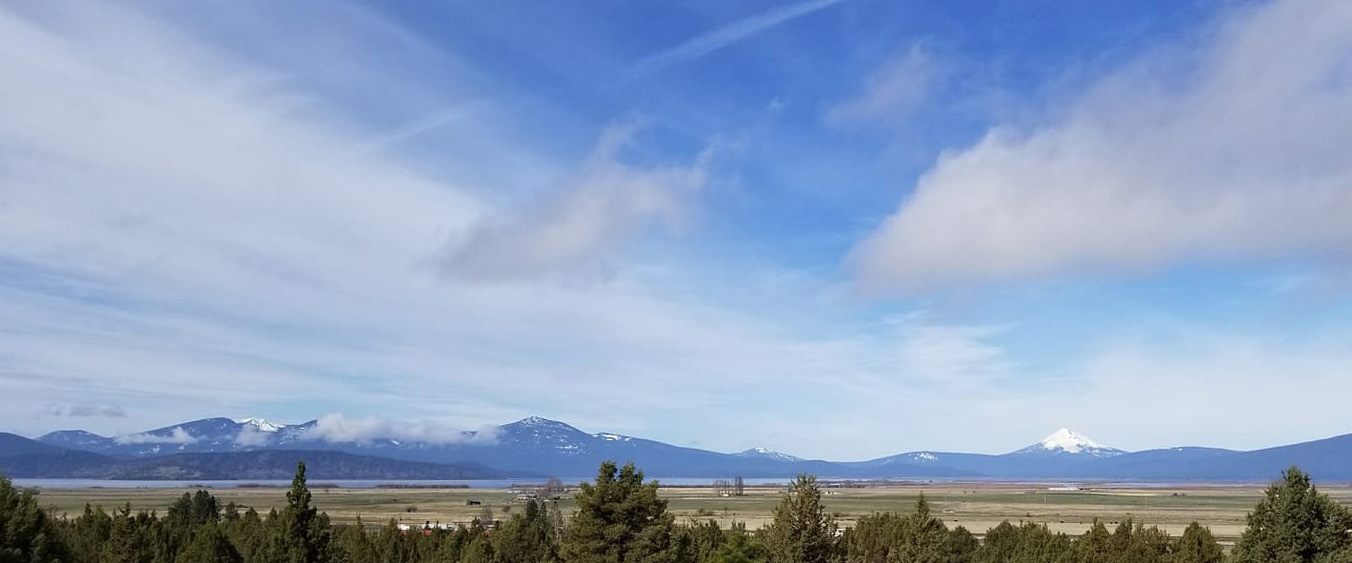
WAYK Summer Team Introduction: Joe Dupris
Who Am I? waq lis ?aad, gew ?a seesas Joseph Dupris. ni ?a mbosaksaawaskni gi. ?ewskni ?an gi, moatt’akkni ?an gi. Big Pine nuumu ?an gi. Mnicoujou Lakota ?an gi…. Read more »
-
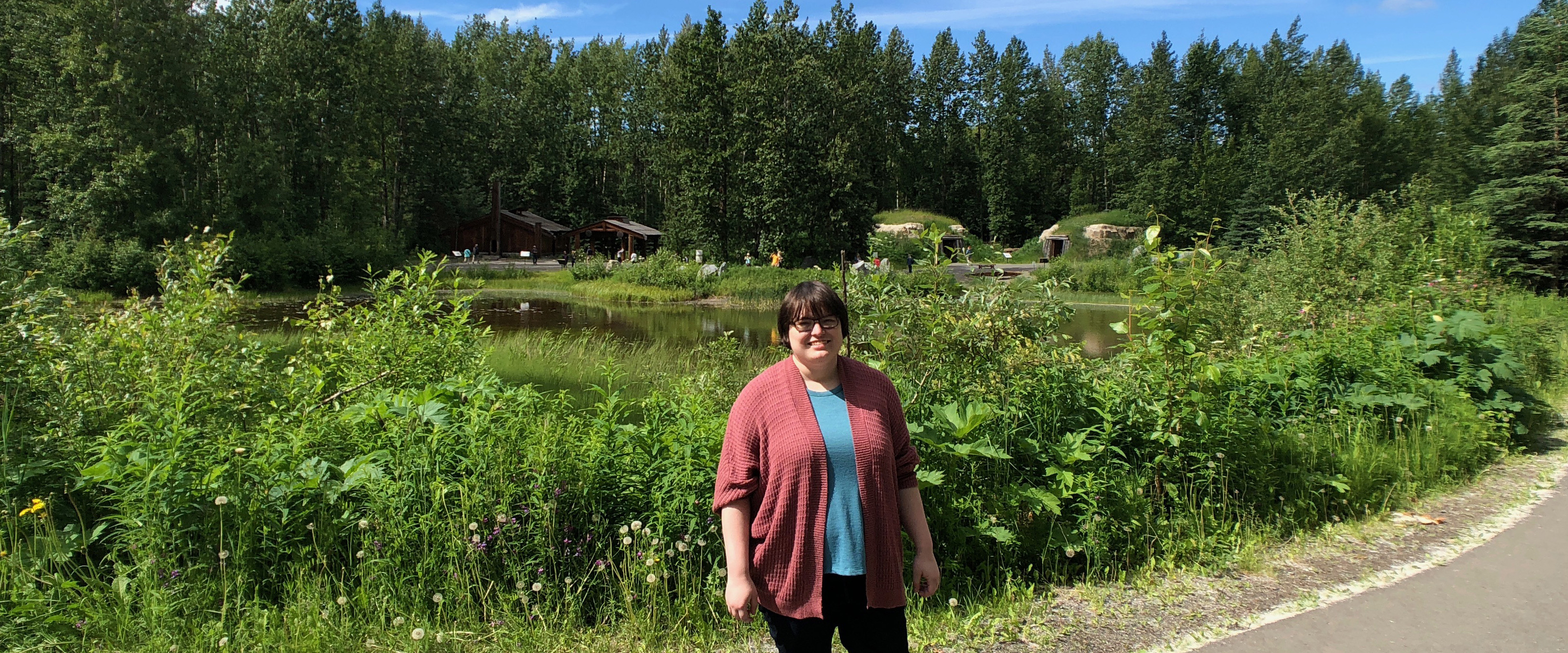
WAYK Summer Team Introduction: Kai Pyle
Aang, taanshi, boozhoo! Mekadebinesikwe indigo, migizi indoodem. Ozhawashko-Wiikwedong indoonjibaa, Gakaabikang dash indaa noongom. My name is Kai Pyle and I am originally from Green Bay, Wisconsin. Currently, I’m a PhD… Read more »
-

Introducing the WAYKcast!
We are happy to share the first episode of season one of the WAYKcast, a new podcast from WAYK about language revitalization, language learning, and Where Are Your Keys. In… Read more »
-
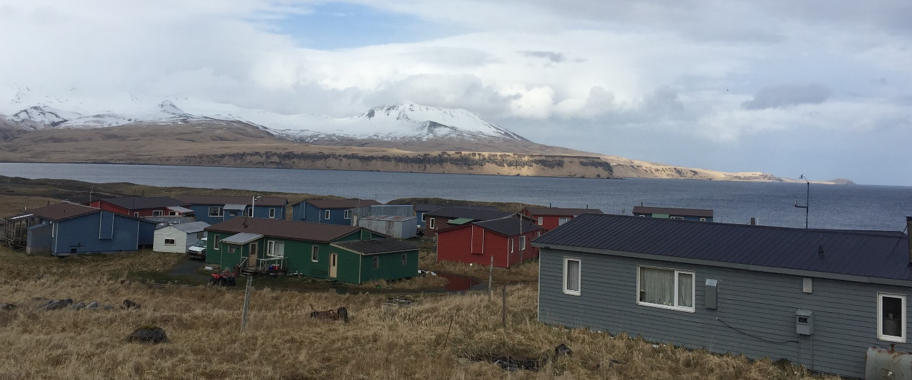
WAYK Summer Team Introduction: Madeline Snigaroff
About a year ago I went to a social dance event at my university, and on the very last waltz happened to strike up a conversation with my partner, a… Read more »
-
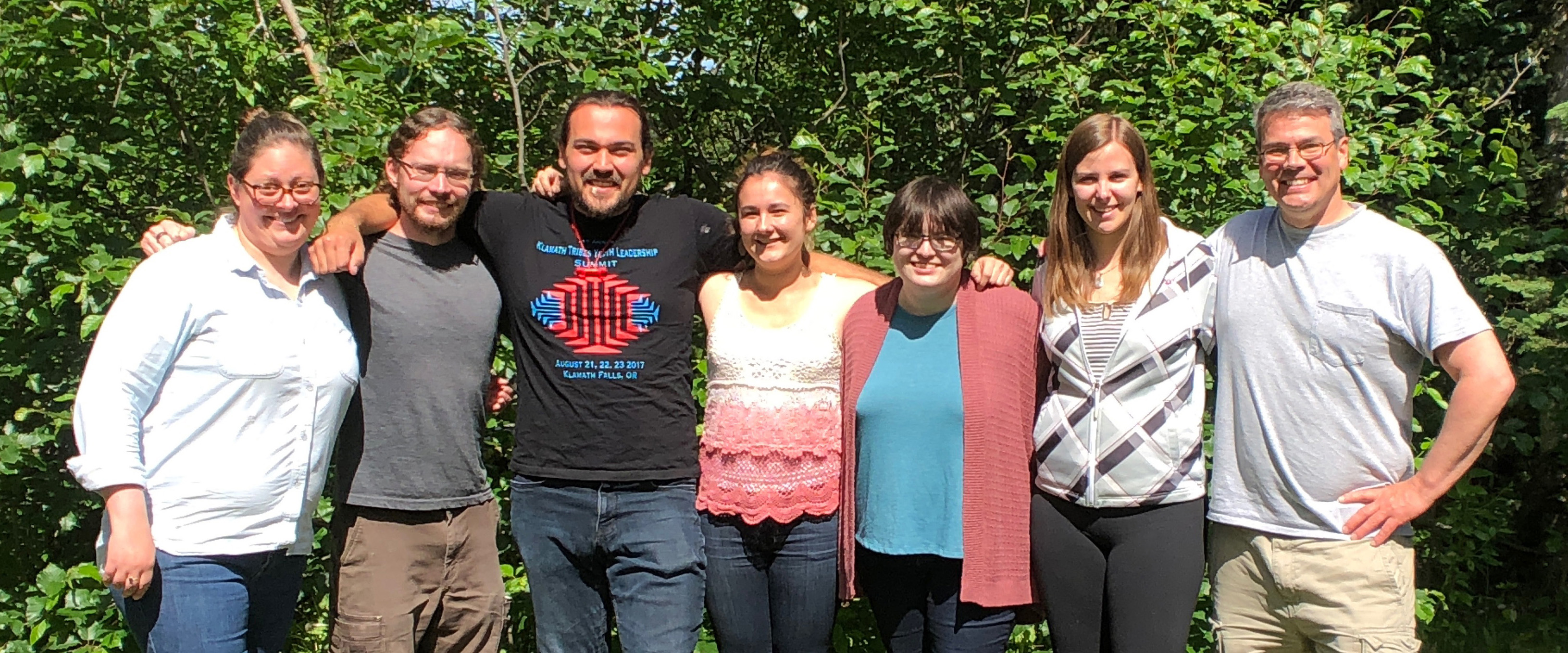
Meet the 2018 Summer Language Intensive Team
Meet the 2018 Summer Intensive team that is joining WAYK in Anchorage, Alaska to work with Unangam Tunuu, an endangered Alaska Native language.
-

WAYK Summer Intensive Schedule: 2018 Update
It can be hard to imagine what a language revitalization summer looks like, but working to keep a language alive is a full-time endeavor. Here’s an updated look at what… Read more »
-
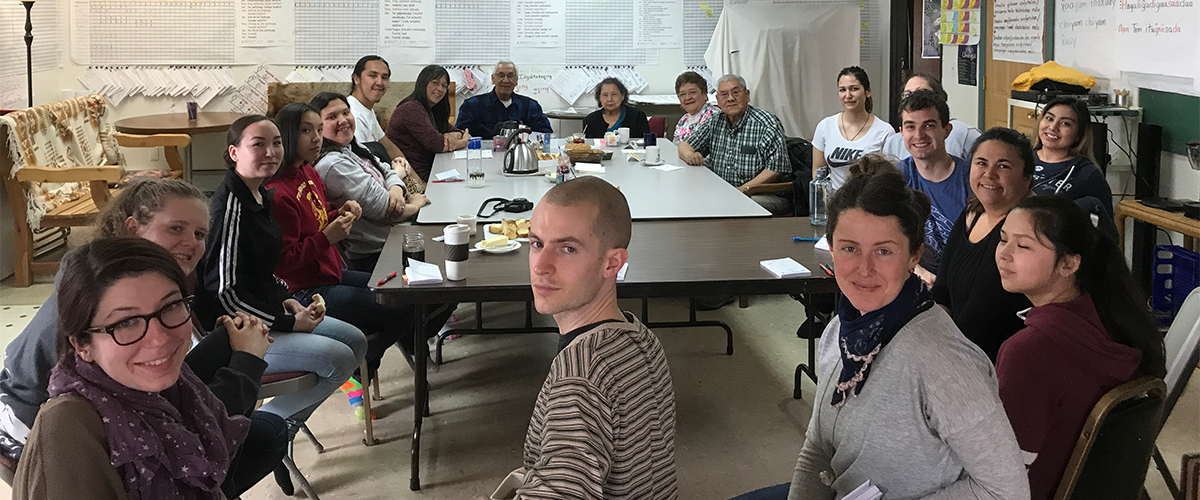
WAYK Summer Intern Expectations: 2018 Update
What you can expect as an intern: You will learn how to use WAYK. One of the main purposes of the WAYK Summer Intensive is to provide comprehensive training in WAYK skills, something… Read more »
-

Call for WAYK 2018 Interns!
This summer, we are once again fortunate to offer internship opportunities during the 2018 WAYK Summer Intensive. The internship positions are sponsored by our host community (APIA), in partnership with… Read more »
-
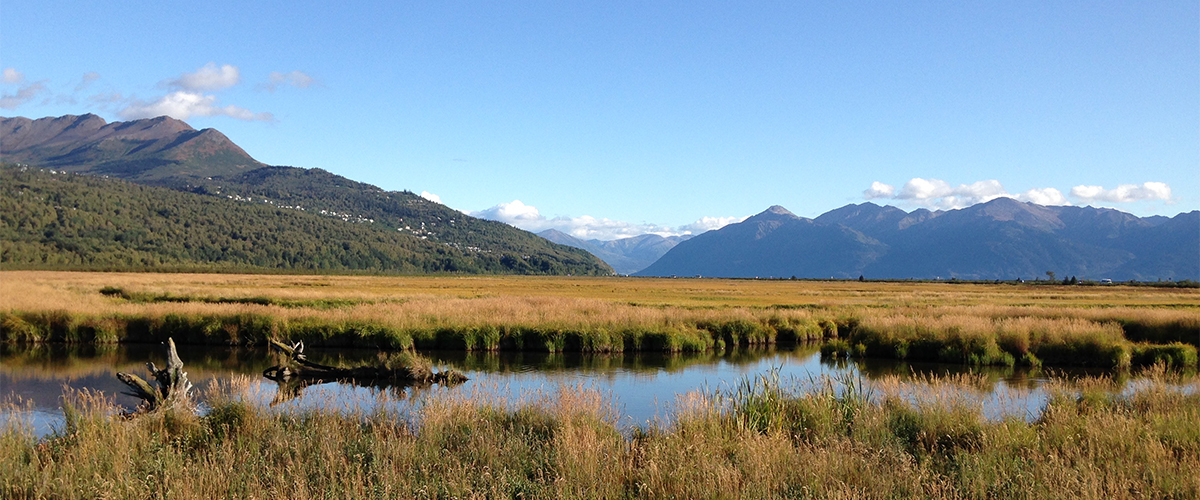
Announcing WAYK’s 2018 Summer Intensive: Anchorage, Alaska!
WAYK is very excited to announce—after months (and years!) of planning with our host community—that our 2018 Summer Intensive will take place in Anchorage, Alaska! In 2018, we will continue… Read more »
Latest

